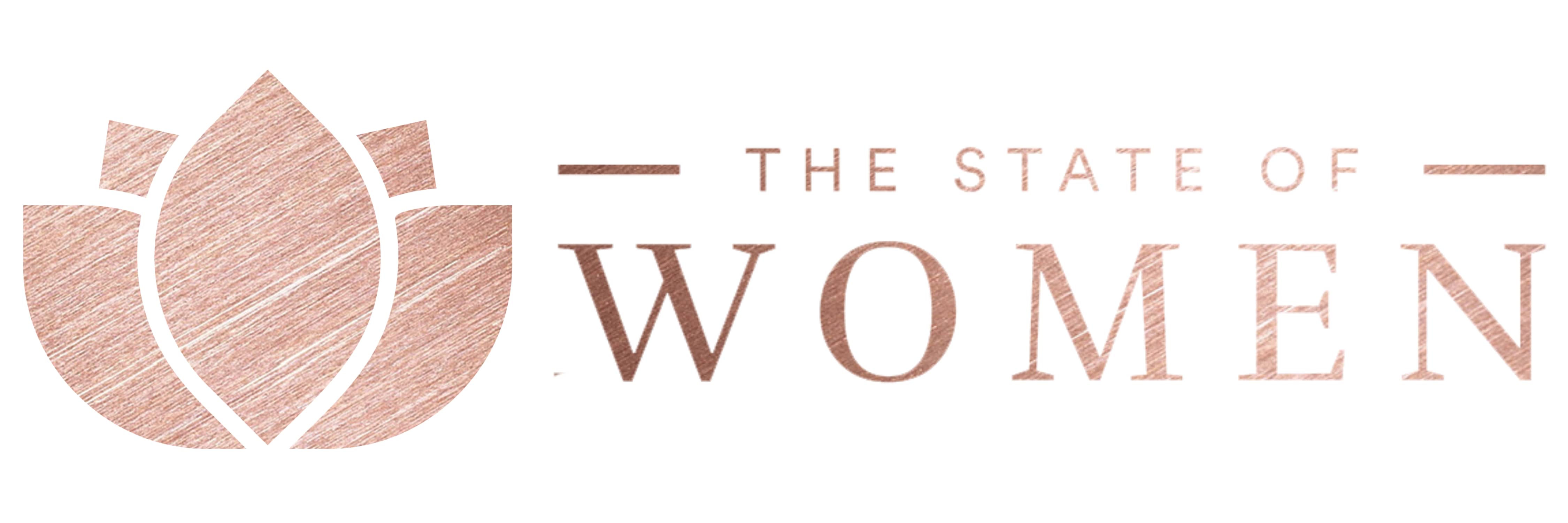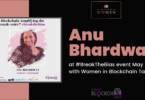Economic activism—educating, investing in and empowering people so they can make independent, informed decisions and meaningfully participate in their economies—is a crucial part of women’s rights activism. It can be just as important as political or social activism, and is interconnected with other forms of empowering women or other marginalized groups.
Women continue to lag behind men in nearly every measurement financially, even though they make the majority of household financial decisions and are making serious gains on their male counterparts in terms of founding businesses and investing.
Wendy Luhabe has already succeeded in entrepreneurship, but for years now her mission has been to empower other African women entrepreneurs. She sat down with Knowledge@Wharton, the online business journal of the Wharton School; to discuss private equity for women, South Africa’s changing political landscape and opportunities it provides for gender equality, how she became an economic activist and so much more.
knowledge.wharton.upenn.edu – Social and economic activist Wendy Luhabe passionately believes in empowering women, especially when it comes to realizing their potential in contributing to the economy.
Knowledge@Wharton: You describe yourself as an economic activist. You’re based in South Africa. What is an economic activist?
Wendy Luhabe: In my case, it’s focusing on the participation of women in the economy. When I thought about what we’ve been doing, I realized that you hear of social activists or political activists, but you don’t hear of economic activists. The work we’ve done deserves the description. We pioneered two ventures: the first one was an investment company we started 20 years ago. It mobilized 18,000 women to become investors for the first time through a platform called Women Investment Portfolio Holdings. The company is still in existence. It has a value of about $200 million.
After that, about 10 years later, we started a private equity fund for women, which was also an unheard of concept in the world. There are less than 10 funds that are focusing on women-owned enterprises. This was definitely the first and probably still the only one in Africa.
Knowledge@Wharton: That company still exists as well?
Luhabe: The fund has closed but several of the investments are still in existence.
Read the rest of the interview here.







